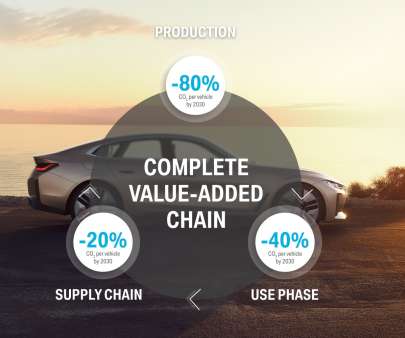Audi aims to reduce CO2 emissions by 30% over the vehicle lifecycle by 2025
Green Car Congress
SEPTEMBER 20, 2019
In the long term, Audi is pursuing the vision of CO2-neutral mobility and aims to be climate-neutral throughout the company on balance by 2050. Plug-in hybrids are also an essential element of the electrification initiative. Audi is also focusing on the manufacture of its products. Combined fuel consumption in l/100 km: 2.4 – 2.1











Let's personalize your content